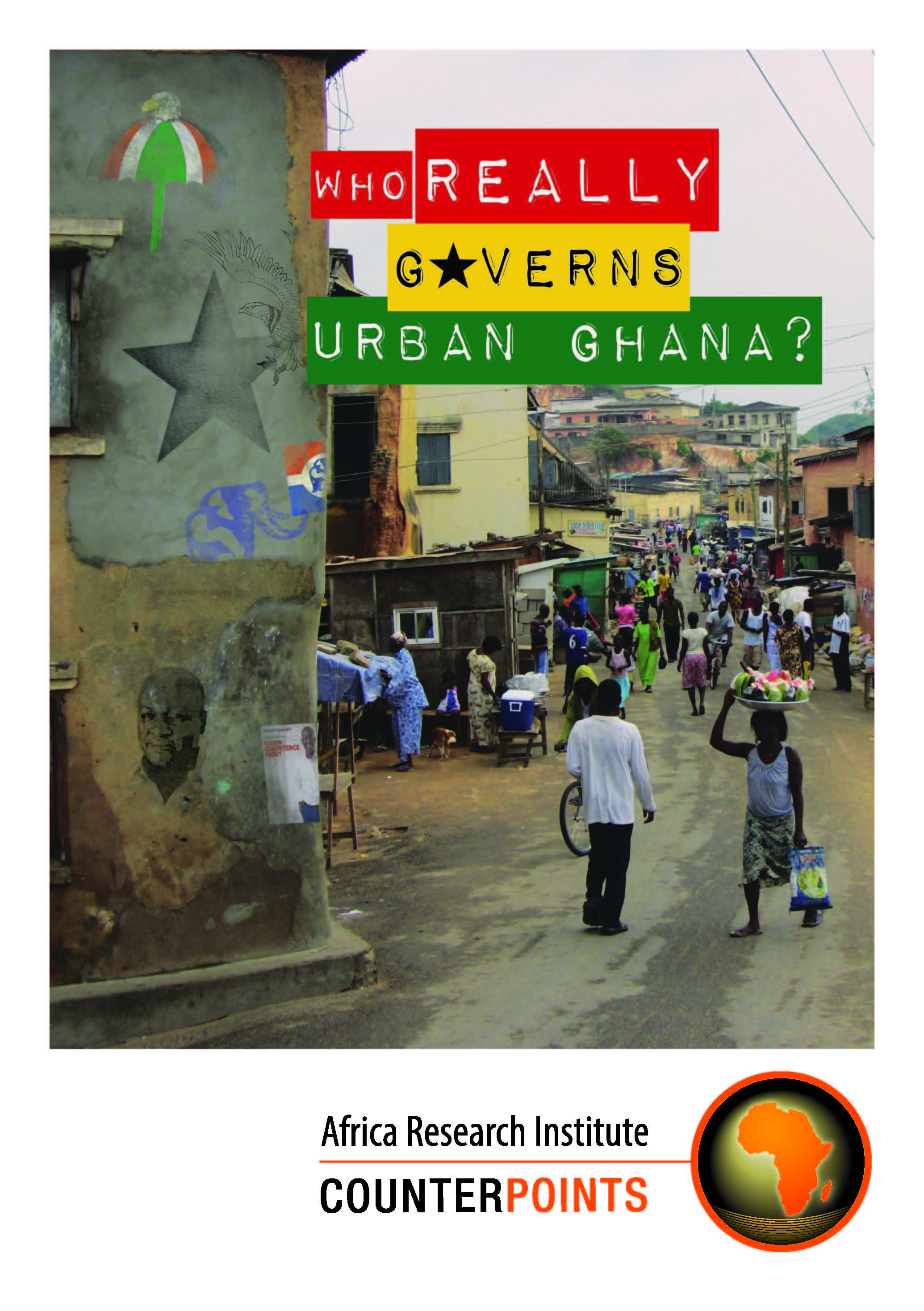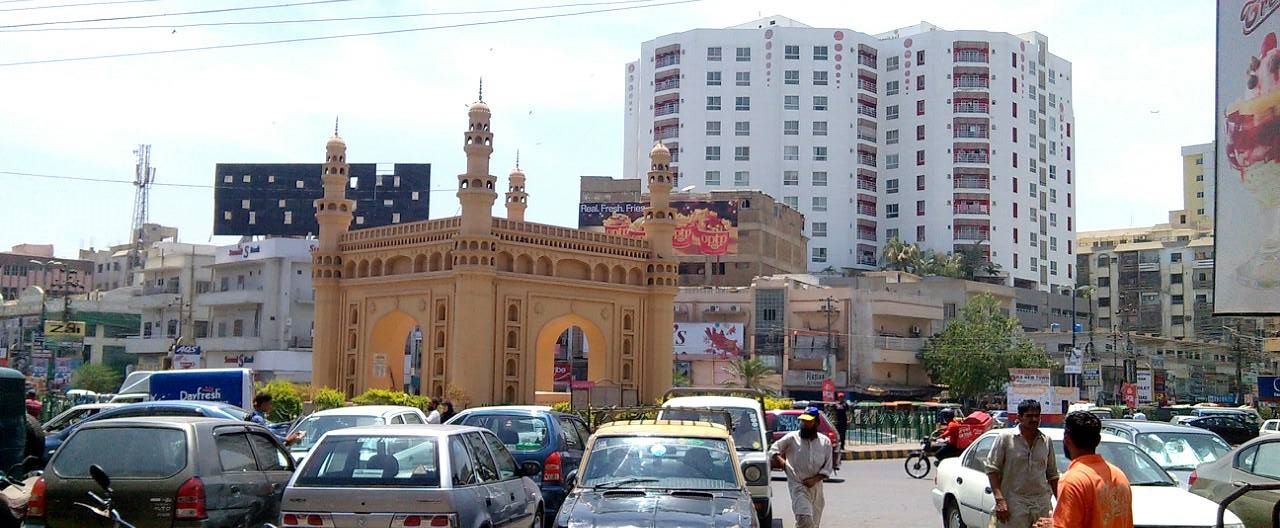
Rapidly growing urban disparities in the Global South threaten to exclude many people from receiving the benefits of development progress. Particularly in the context of complex urban challenges—including urban congestion, housing affordability, livability, climate change, and/or ensuring social inclusion in conflict contexts—there is an urgent need to attract additional financial resources to meet the infrastructure investment needs of growing urban populations.
The traditional application of public finance theory suggests that a devolved urban finance strategy should focus on (i) pursuing increased local own source revenue mobilization and (ii) identifying ways in which city governments can take on greater levels of debt. This scenario critically relies on the assumption that city residents benefit from urban infrastructure and services and are willing to pay for services that they receive from city governments with local taxes—typically the property tax—functioning as a ‘benefits tax’ or a ‘quasi-user fee’ for urban services.
Upon closer examination, however, this traditional public finance scenario is based on a number of underlying assumptions that generally do not hold in Global South cities, where the urban financing crisis is often the direct result of decades of rapid, cumulative urbanization. Without appropriate intergovernmental fiscal interventions by higher-level governments, the decades-long influx of urban in-migrants in many Global South cities has resulted in a vicious cycle of degradation of urban infrastructure, reduced access to urban services, and—as a corollary—the reduced willingness over time of city residents to pay for urban infrastructure and services through property taxes or user fees. This process, in turn, has often resulted in permanent changes in de facto functional assignments, weakening the role of cities in the multilevel governance system, and further adding to the downward spiral of weak services, weak capacity, and low own source revenues.
A technically well-designed inclusive and sustainable urban financing strategy (i) requires city governments to levy a mix of own source revenues (such as property taxes and taxes on local business activity) and appropriate non-tax revenues; (ii) requires city governments to be provided with a set of intergovernmental fiscal transfers that minimizes perverse incentives while encouraging inclusive urban services and efficient urban investment choices; and (iii) requires that city governments have access to suitable sources of capital finance, whether in the form of loans, bonds, public-private partnerships (PPPs), or capital grants. The exact nature of the funding and finance mix will most likely differ considerably in different contexts: Global North cities are likely to rely more extensively on own source revenues and subnational borrowing, while revenue-sharing (or piggy-back taxes), non-tax revenues, and intergovernmental transfers (including capital grants) may play a more substantial role in the financing mix of Global South cities.
Read the full LPSA Working Paper:
Boex, Jamie. 2024. Financing strategies for inclusive urban development: Moving beyond the traditional application of public finance theory to advance inclusive urban finance practices in the Global South. LPSA Working Paper.




